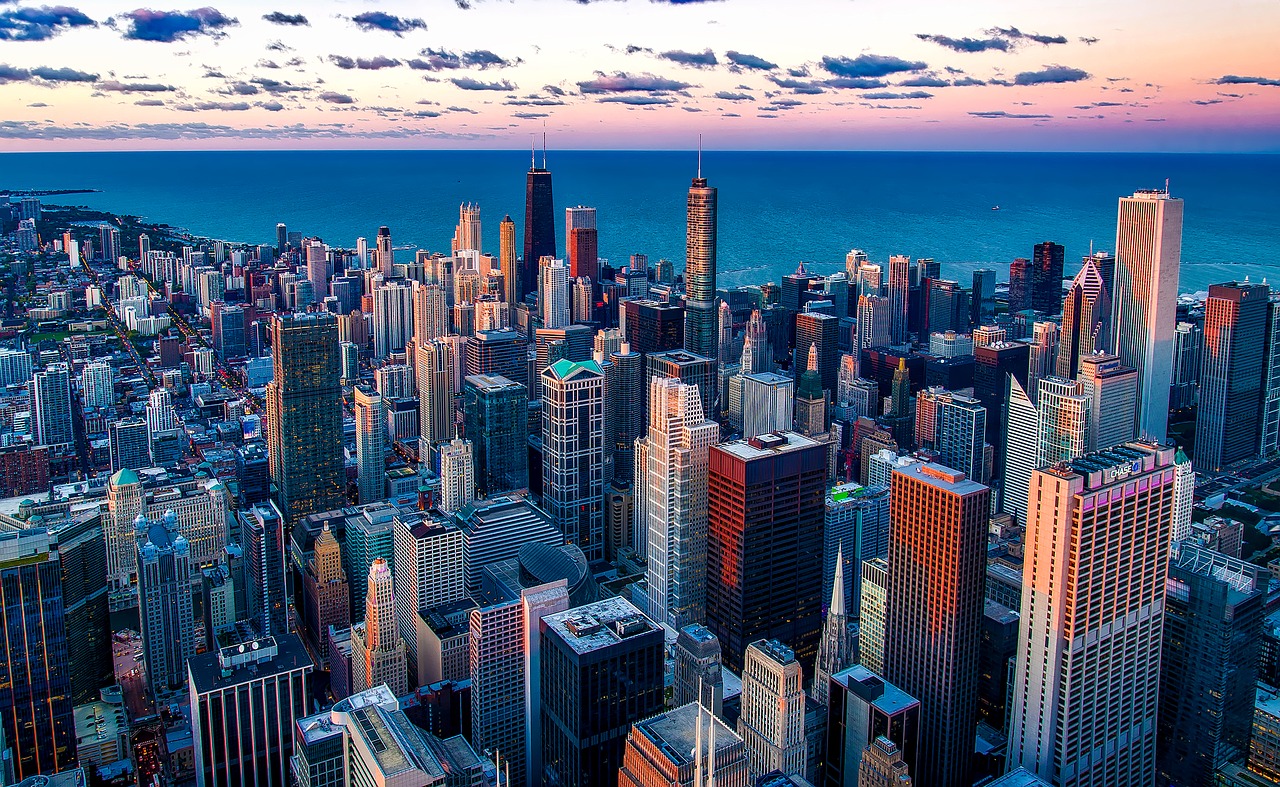Senate Okays Bill Authorizing Release of $1.9 Trillion for “American Rescue Plan”
The bill legislating the $1.9 trillion pandemic relief package known as the “American Rescue Plan” was finally approved by the Senate last Saturday (March 08). On Tuesday, the Democratic-led House of Representatives will concur the bill’s passing. The joint approval will then give the Biden administration the necessary funding to carry out recovery actions aimed at getting the country out of the worst economic crisis ever since the Great Depression.
The bill, which is said to be one of the largest rescue and recovery measures ever to pass Congress, is said to reflect the Democrats’ promises to eradicate disparities that have been in existence even before the occurrence of the deadly COVID-19 pandemic.
Key Takeaways of the “American Rescue Plan” Pandemic Relief Package
First and foremost among the key takeaways of the “American Rescue Plan” is the additional $1,400 stimulus money that Americans could have received had the $2 000 pushed for by Trump and the Democrats, been passed in December 2020 by the Republican-led Senate.
The bill also authorizes the new yearly child tax benefits, seen as a way of boosting the income of American households. Unemployment payments for workers still out of a job will also see an increase, while low-income earners will receive assistance in paying for child care.
Analysts project that the financial aid for families could alleviate poverty, in light of struggles to pay mortgages or rents and in buying food as well as other basic necessities.
In addition, the bill provides measures that will lessen the tax bills imposed on businesses, as well as provide funding to improve the finances of state and city governments.
Hospitals and schools will receive major financial boosts as part of the new U.S. government’s responses for helping the people recover from the effects of the coronavirus; to eventually return to regular life a year after the pandemic first arrived.
However, efforts among progressive Democrats to raise minimum wage to $15 per hour, failed. Some so-called centrist Democrats opposed and contended that a federal wage hike is not compatible with the budgetary requirements that can be approved under parliamentary rules.


